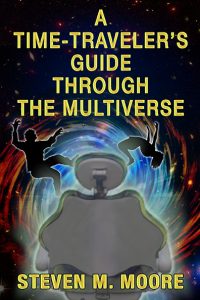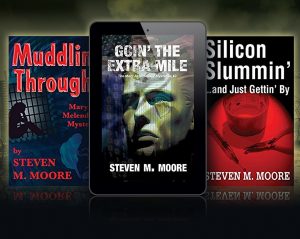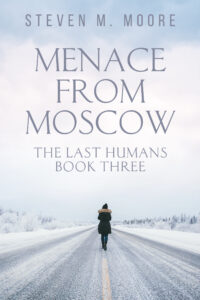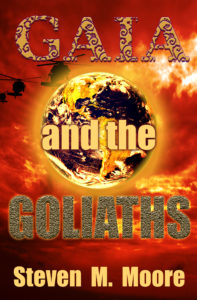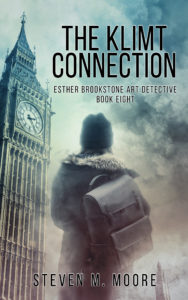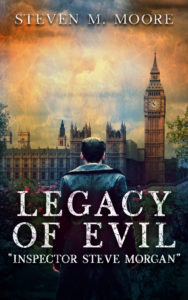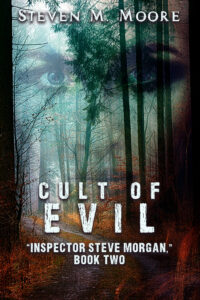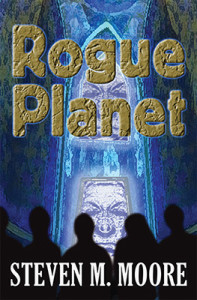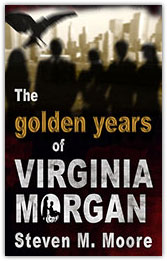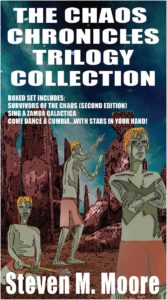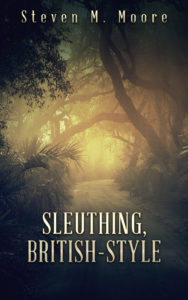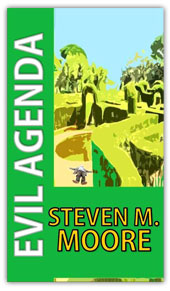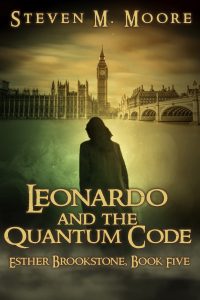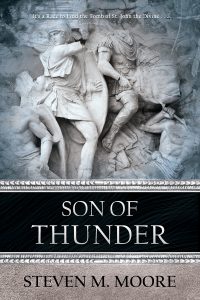Authors who are accomplices and/or complacent…
Wednesday, February 21st, 2024From 1984 to Atlas Shrugged and Ender’s Game, authors have stated their political positions. When their works take extreme positions and/or are morally extreme, one way or the other, readers and critics can react. All three novels just mentioned are political, debatable, but shouldn’t be banned.
This article applies not only to the past, however. In fact, it’s more about authors failing to state their positions now. As Tom Clancy, certainly a successful author if not a philosophical or political sage, said, fiction has to seem real, and I would add that real human beings are philosophical and political animals. I’m not asking authors to take positions I favor; I’m telling them to take positions! Period. I’m not asking them to present both sides of an issue nor take what I’d call the moral high (or low) road either. But authors who write silly fantasies (J. K. Rowling’s a well-known example) and schmaltzy or smutty romances (I don’t read them, so that Fifty Shades crap is the only example that comes to mind) are shirking their duty of being honest observers of the human condition when writing their stories, usually motivated by their desire to make tons of money by appealing to readers’ escapist and/or prurient interests. Of course, they share the blame with the acquisition editors of every publisher under the Big Five conglomerates huge umbrellas.
Some of my readers have told me that I’m too political in my fiction, even friends who know better to believe that I measure my success as a writer by my sales figures. I celebrate those comments! They mean that I’ve done my job!
Too many authors nowadays write pablum for the masses and try to please all readers all the time in order to maximize their royalties, often pleasing no one in the process. They become accomplices in crimes against humanity by becoming completely irrelevant. All three authors of the books mentioned in my first paragraph are relevant in the sense that their fiction teaches a reader something I might agree or not agree with—the dangers of fascism, quirky economic theories, and homophobia, respectively—but what they say is important in current political debates as they were when the books were published. Relevance is the key feature we should demand of fiction in today’s troubling times; and if that has lasting value, all the better!
***
Comments are always welcome. (Please follow the rules on the “Join the Conversation” web page.)
Defanging the Red Dragon. I originally wrote this novel as a 2022 holiday gift to my readers. It features my quartet of detectives—Brookstone, Castilblanco, Chen, and van Coevorden—from two series—“Detectives Chen and Castilblanco” and “Esther Brookstone Art Detective”—and counts as the eighth novel in the first series and the sixth in the second. It’s also completely free (as is Esther’s seventh). (See the list of free downloadable PDFs on the “Free Stuff & Contests” web page.)
While the dictator Vladimir Putin and his fascist Russian accomplices and enablers are featured more as villains in those two series, this free novel has the fascist Xi and his Chinese spies as the major villains. But there are good Chinese too: Esther’s new artist friends, for example, who play important roles. They had to flee when the Chinese fascists took over Hong Kong.
Considering the title and the importance of those creative and gentle Chinese artists, let me present this novel to you as a celebration of the “Year of the Dragon,” 2024. You won’t find this book in any bookstore, but it’s a complete novel you might not want to miss. Like all good “political fiction,” it will be forever evergreen. Download it now.
Around the world and to the stars! In libris libertas!
